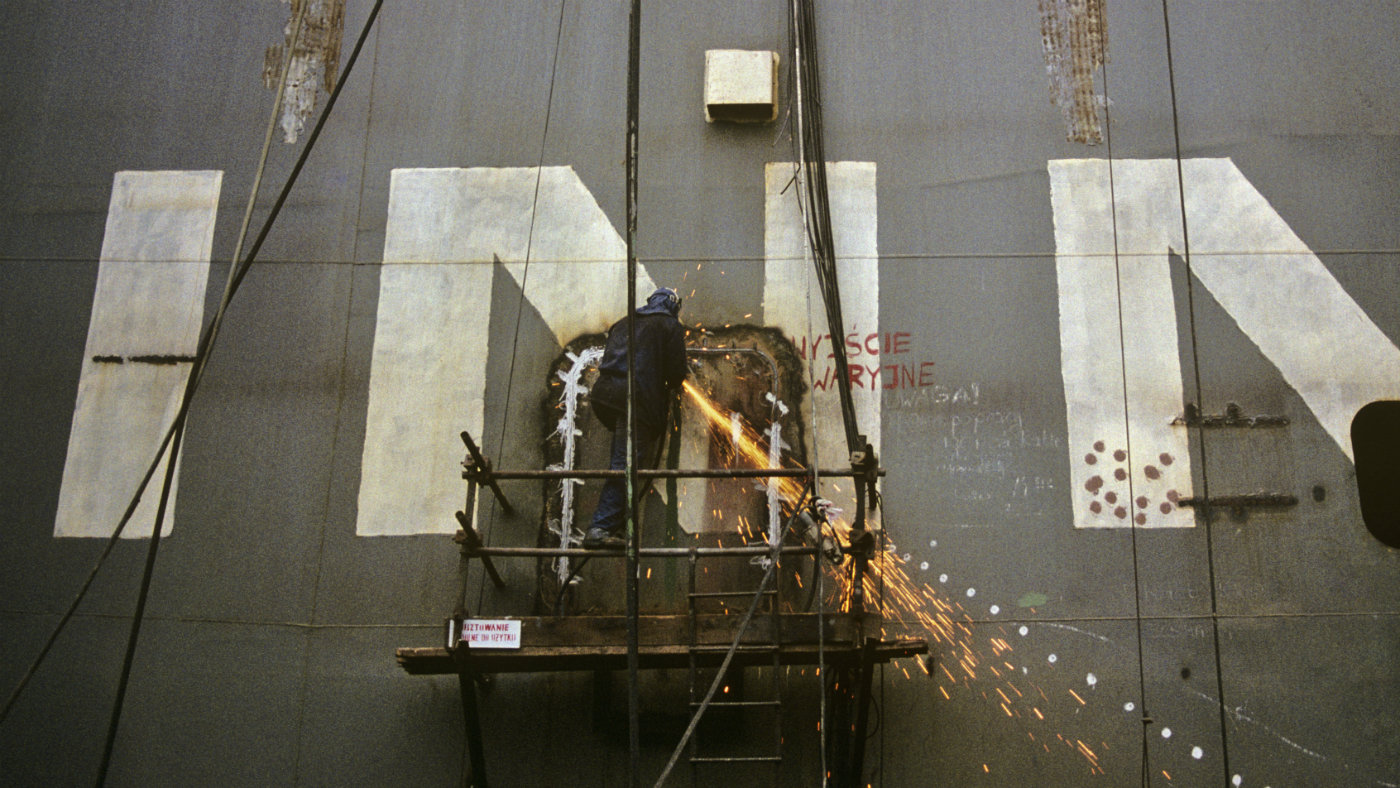Poland needs 100,000 construction workers following exodus to Germany and UK
Polish building firms looking to plug shortfall with recruits from Belarus, Ukraine and Bangladesh

A free daily email with the biggest news stories of the day – and the best features from TheWeek.com
You are now subscribed
Your newsletter sign-up was successful
Poland’s economic growth is being threatened by the mass exodus of workers to Germany and the UK, experts warn.
According to Sky News, Polish businesses are turning to neighbouring non-EU countries including Ukraine and Belarus, and as far as Bangladesh, in order to “fill vacancies in trades such as building, welding and lorry driving”.
The construction industry has been hardest hit, with a current shortfall of around 100,000 employees in the sector, says the broadcaster.
The Week
Escape your echo chamber. Get the facts behind the news, plus analysis from multiple perspectives.

Sign up for The Week's Free Newsletters
From our morning news briefing to a weekly Good News Newsletter, get the best of The Week delivered directly to your inbox.
From our morning news briefing to a weekly Good News Newsletter, get the best of The Week delivered directly to your inbox.
Experts believe the problem will only worsen in the future. The current birth rate in Poland is around only half that of the post-WWII baby boom years. Combined with the exodus of skilled workers seeking better-paid work in Western Europe, official forecasts predict that by 2030, one in every five jobs in Poland will be vacant, reports the Daily Mail.
“Poland’s economy will need 20 million workers, at a time when the working age population will be down to 16 million people,” says the newspaper.
An unnamed Polish entrepreneur and manager told AFP: “Right now we mostly take on Ukrainians and some Belarussians. We practically no longer have Poles. They’re all working in Germany or Britain.”
Meanwhile, the country’s largest construction firm, Budimex, said that it was looking for an extra 1,000 workers.
A free daily email with the biggest news stories of the day – and the best features from TheWeek.com
“We’re seeing a labour shortage in our company, but the same goes for our subcontractors, who are also complaining,” a spokesperson told the news agency.
“We’re short on practically all workers: masons, carpenters, concrete mixers, plasterers, pavers, drivers, machine operators. Too few foremen and engineers, too.”
-
 The ‘ravenous’ demand for Cornish minerals
The ‘ravenous’ demand for Cornish mineralsUnder the Radar Growing need for critical minerals to power tech has intensified ‘appetite’ for lithium, which could be a ‘huge boon’ for local economy
-
 Why are election experts taking Trump’s midterm threats seriously?
Why are election experts taking Trump’s midterm threats seriously?IN THE SPOTLIGHT As the president muses about polling place deployments and a centralized electoral system aimed at one-party control, lawmakers are taking this administration at its word
-
 ‘Restaurateurs have become millionaires’
‘Restaurateurs have become millionaires’Instant Opinion Opinion, comment and editorials of the day
-
 Epstein files topple law CEO, roil UK government
Epstein files topple law CEO, roil UK governmentSpeed Read Peter Mandelson, Britain’s former ambassador to the US, is caught up in the scandal
-
 Iran and US prepare to meet after skirmishes
Iran and US prepare to meet after skirmishesSpeed Read The incident comes amid heightened tensions in the Middle East
-
 Israel retrieves final hostage’s body from Gaza
Israel retrieves final hostage’s body from GazaSpeed Read The 24-year-old police officer was killed during the initial Hamas attack
-
 China’s Xi targets top general in growing purge
China’s Xi targets top general in growing purgeSpeed Read Zhang Youxia is being investigated over ‘grave violations’ of the law
-
 Panama and Canada are negotiating over a crucial copper mine
Panama and Canada are negotiating over a crucial copper mineIn the Spotlight Panama is set to make a final decision on the mine this summer
-
 Why Greenland’s natural resources are nearly impossible to mine
Why Greenland’s natural resources are nearly impossible to mineThe Explainer The country’s natural landscape makes the task extremely difficult
-
 Iran cuts internet as protests escalate
Iran cuts internet as protests escalateSpeed Reada Government buildings across the country have been set on fire
-
 US nabs ‘shadow’ tanker claimed by Russia
US nabs ‘shadow’ tanker claimed by RussiaSpeed Read The ship was one of two vessels seized by the US military